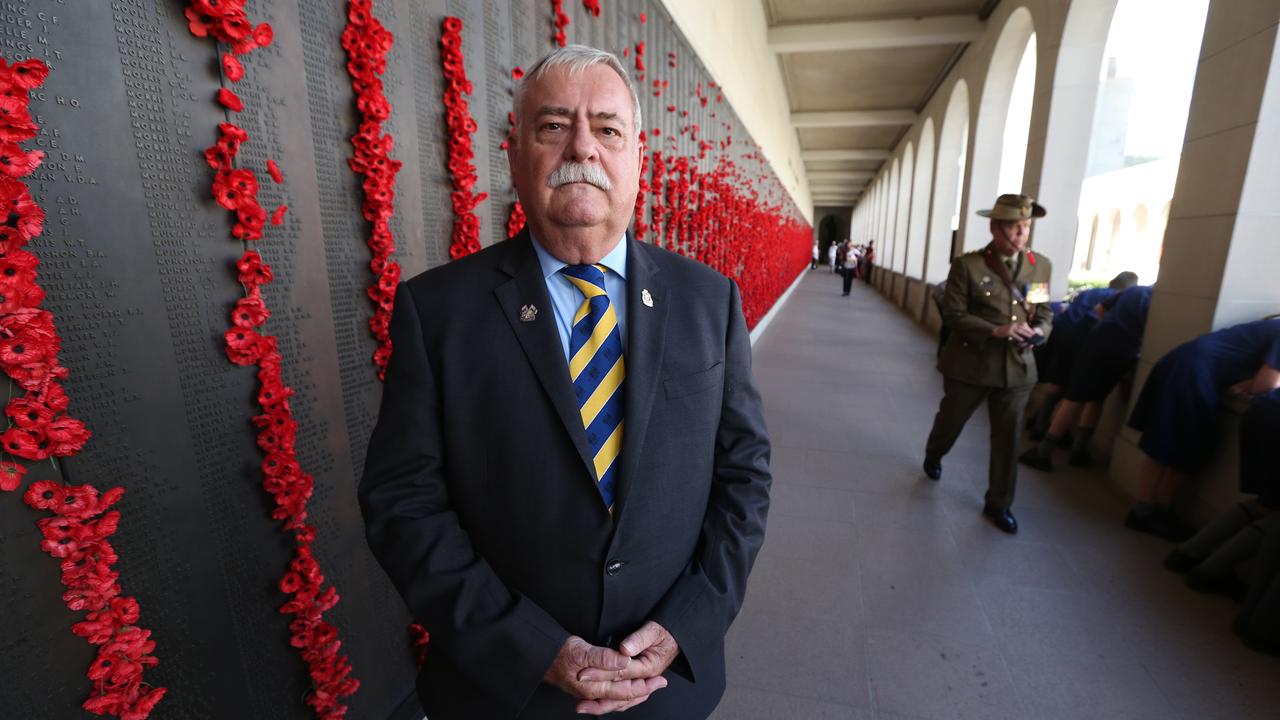Barack Obama administration has ‘lost focus’ in Asia-Pacific
The US, Australia and its allies have lost strategic control of the South China Sea, one of Australia’s leading defence experts says.
The US, Australia and its allies have lost strategic control of the South China Sea and failed in their push to have China dismantle its new bases in the area, one of Australia’s leading defence experts says.
Peter Jennings, the executive director of the Australian Strategic Policy Institute, a leading drafter of the upcoming defence white paper, told The Australian that the allies have lost basic control of the South China Sea.
China’s continued construction of and on islets in the sea, despite earlier American vows to conduct “freedom of navigation” naval and air exercises near the reclaimed land structures, comprised “the second time the US administration has lost focus’’.
Despite the greater public attention now being paid to Syria, China’s strategic challenge would occupy a considerable proportion of the annual Australia-US Ministerial consultations today and tomorrow in Boston. Earlier rhetoric about prioritising a “rebalance” or “pivot” back to the Asia- Pacific region had dissipated, he said.
“Intellectually, President Barack Obama is committed, but it is not being pursued as actively as it needs to be,’’ Mr Jennings said.
There had been an expectation, he said, that the intensity of military focus on the Middle East would reduce, enabling that to transfer to the Pacific “but that didn’t really happen’’.
At the same time, American political attention to the Middle East has vastly increased.
Defence Secretary Ash Carter has described the South China Sea issues as strategically important, Mr Jennings said, “but it’s not subject to a current crisis’’.
The withdrawal from Afghanistan had enabled a return of US forces such as the 25th army division to the region, but within a context of overall cuts in personnel and equipment, including a reduction in surface ships.
“As a result “the pivot is barely keeping pace, if at all, with the rate of strategic change in the region, Mr Jennings said.
“That’s definitely a concern.”
He said that “Australia played an early and important part in the pivot by agreeing to a marine deployment in the north, but this has lost momentum, with only about 1150 marines on the current rotation compared with an envisaged 2500, even though “the strategic situation continues to deteriorate’’.
“This has undermined a key purpose, to build confidence in Southeast Asia in America’s continuing presence,’’ Mr Jennings said.
Australia and the US should have moved faster on this, and on increased trilateral exercises with Asian countries, which “would have led to a more concerted response to China’s island building’’.
Instead there had been “a failure of political momentum on both sides of the Pacific’’, exacerbated by multiple changes of prime ministers and defence ministers in Australia.
“New leaders here have lacked the opportunity to get to understand the idea and then driven it. In the US, it’s been a case of second-administration drift,’’ Mr Jennings said.
Freedom of navigation exercises had been pursued, but sporadically.
Former defence minister Kevin Andrews said in Singapore in May that Australia carried out such exercises frequently in the South China Sea, “but these haven’t had a high profile’’.
“And Australia hasn’t attempted at all to move within the 12 miles border announced by China around the features it controls, that I know of,’’ Mr Jennings said.
Only the Americans were prepared to consider seriously such symbolic moves.
MORE REPORTS P9




To join the conversation, please log in. Don't have an account? Register
Join the conversation, you are commenting as Logout